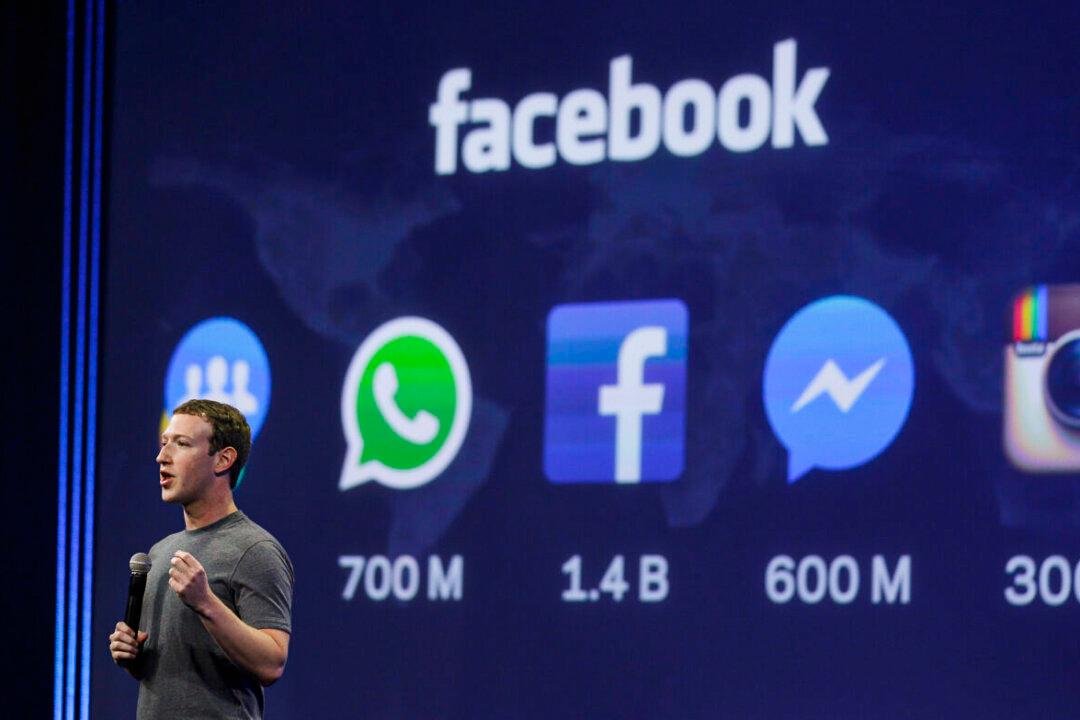A bipartisan collective of House lawmakers introduced legislation on Nov. 9 that would require Big Tech providers such as Facebook and Google to allow users to opt-out of content selected by algorithms, providing additional transparency regarding content.
The measure, dubbed the Filter Bubble Transparency Act in the House (pdf), would make platforms with more than 1 million users and $50 million in annual revenue notify users of algorithm usage and allow users to determine settings.





